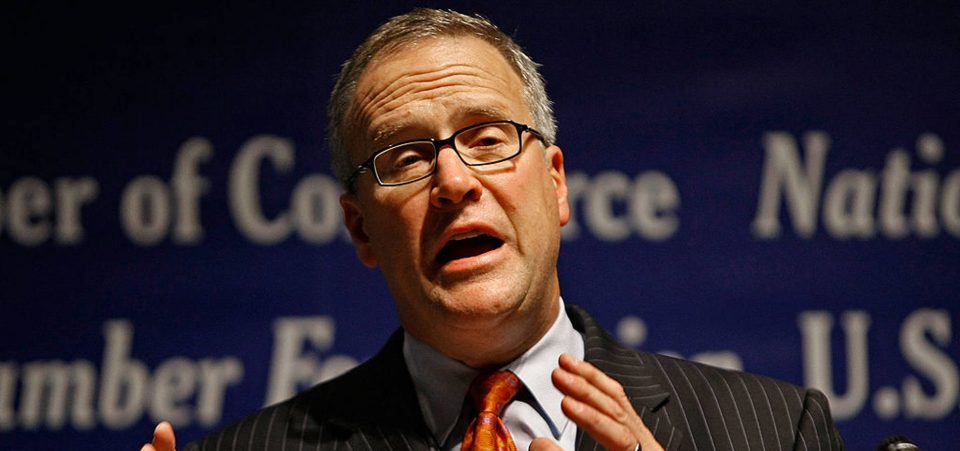The Search for a Cure for Alzheimer’s Disease Continues, but Eli Lilly Stock Has Suffered a Blow
The race for a neurodegenerative treatment is on. There’s no winner yet, but there is a potential loser. Eli Lilly and Co (NYSE:LLY) said it would no longer seek Food and Drug Administration (FDA) approval for its “Solanezumab,” a drug targeting mild dementia.
Eli Lilly stock plummeted, losing over 13% in the pre-opening and closing 10% down. Solanezumab, an experimental drug, failed to slow the loss of cognitive ability in patients with mild Alzheimer’s disease in a study.
The negative outcome of the study is expected to result in a pre-tax charge of approximately $150.0 million in Eli Lilly’s fourth-quarter 2016 accounts. Eli Lilly stock could, therefore, continue to see a negative impact in the days ahead. (Source: “Eli Lilly shares tank after Alzheimer’s drug fails in late-stage trial,” CNBC, November 23, 2016.)
Eli Lilly had reported promising intermediate results last July. They showed that patients in the early stages of the disease treated with its medication had preserved most of their cognitive abilities compared to groups taking a placebo. That raised expectations, pushing LLY stock from about $72.00 to the $82.00 range. On Wednesday, LLY closed at $68.00.
Eli Lilly has been competing against other majors such as Biogen Inc (NASDAQ:BIIB). But Biogen has turned to treatments for neurodegenerative diseases as its forte. Solanezumab represents Eli Lilly’s drug candidate to succeed in this market, investing millions.
The world’s top pharmaceutical companies are mobilized to develop treatments capable of stopping or reversing this incurable neurological degeneration related to aging. Eli Lilly has been ambitious. Indeed, some treatments on the market can minimize the symptoms of Alzheimer’s disease, but none can slow its progression.
There are different approaches to removing the plaques of amyloid beta in the brain. These, most scientists believe, cause Alzheimer’s and other neurodegenerative diseases. The plaques begin in the brain several years before the disease manifests itself.
There are three different approaches to removing the amyloid. Some drugs try to stop it, others try to isolate it, and some try to remove it altogether. Eli Lilly’s Solanezumab tried to isolate and detoxify it.
The World Health Organization (WHO) says that over 36 million people worldwide have some form of dementia—especially Alzheimer’s disease. This number is expected to double by 2030 to 65.7 million, and triple by 2050 to 115.4 million. So, the search for a treatment has a clear market logic.
Eli Lilly admitted that patients treated with this drug candidate did not experience a statistically significant slowing down of their cognitive decline, compared to those treated with the placebo. Eli Lilly’s competitors are still in the race, because they are focusing on a different medical approach. Biogen’s strategy is to remove the amyloid plaque.






